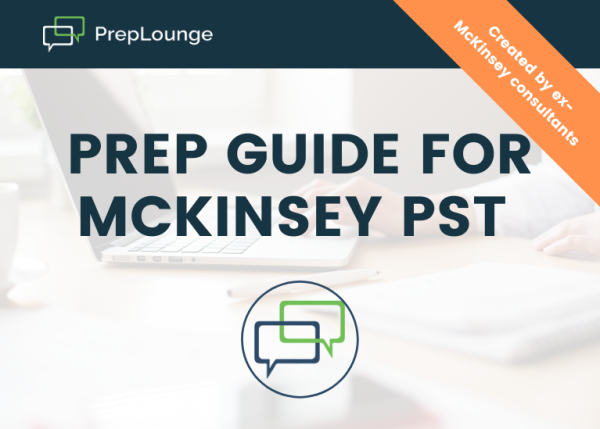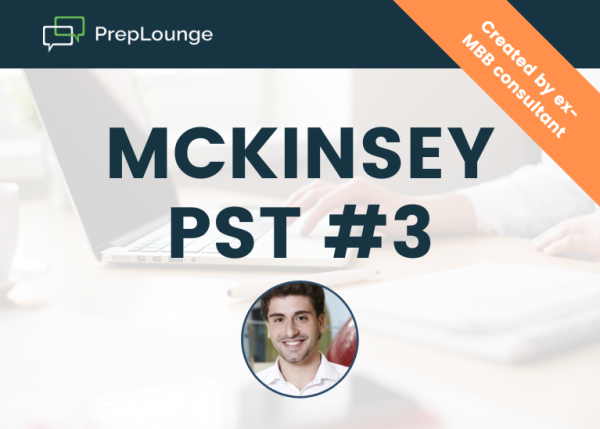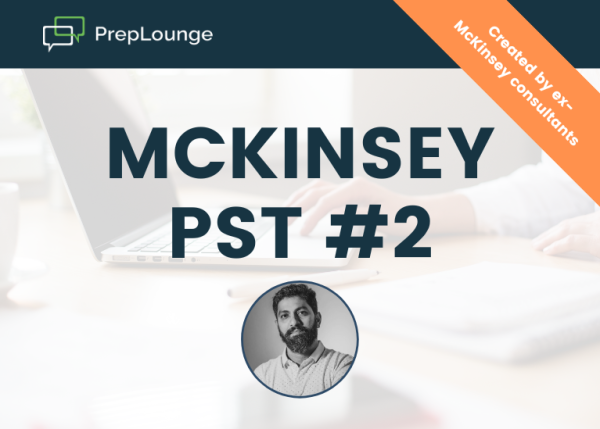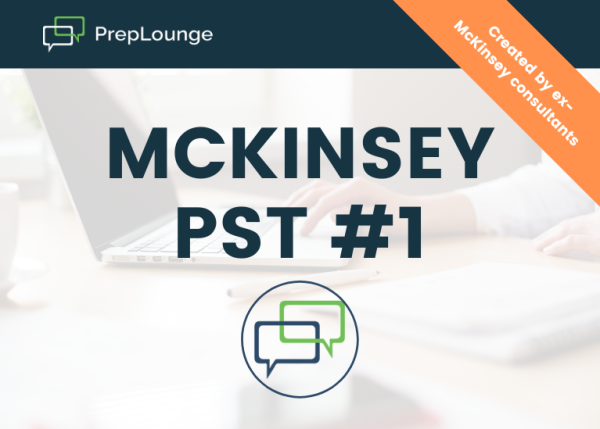Hi experts,
Is PST a bit of an overkill to check if the candidate has quantitative thinking? Normally, I feel I can solve any case math problem reasonably quickly, however, PST arugably requires months of mental math training. Hence two question:
- do you feel it's too much and it blocks potentially successful consultants who don't invest enough time to prepare for PST?
- How much math do you really need in consulting? Do you need mental math at all, or do you primarily rely on excel?





